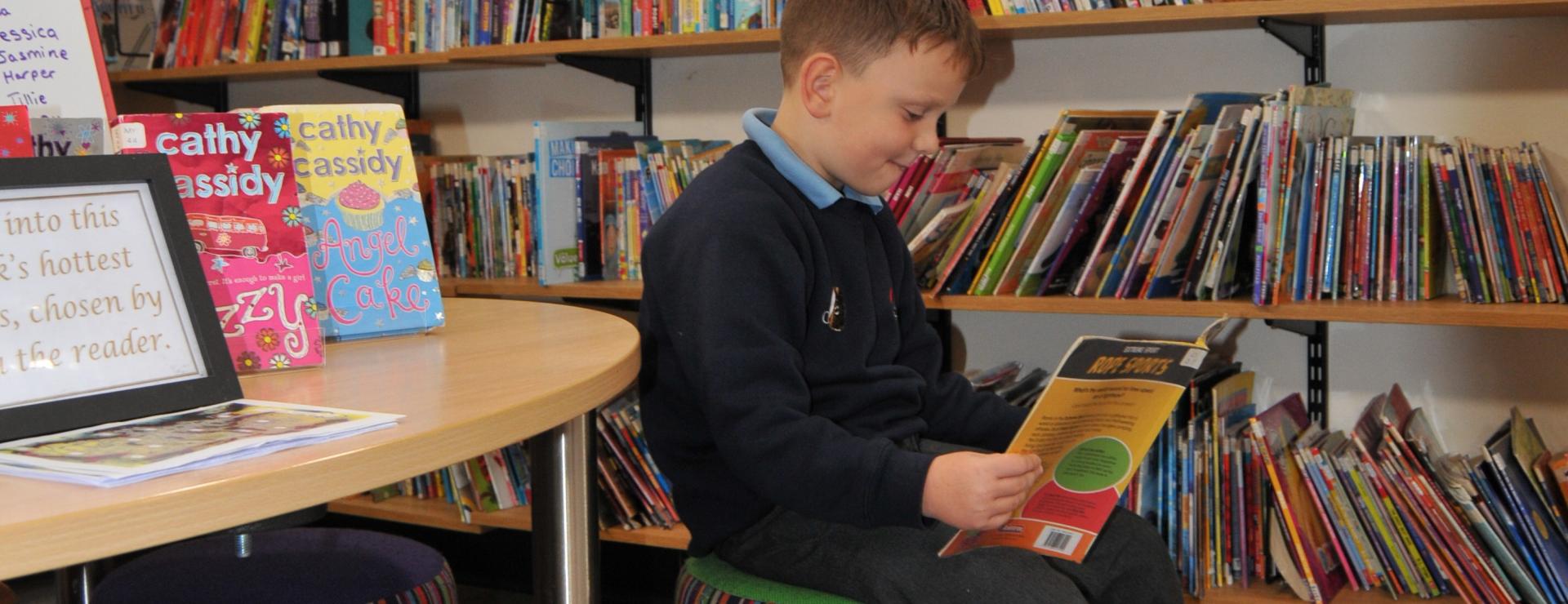Home Reading & Homework
Home reading is very important and takes high priority at Mossgate. We work hard to promote a positive reading culture across the school and work together with parents to support them with home reading at school.
‘We Are Proud To Read Aloud!’
Enjoyment of reading has a direct impact on a child's success at school as well as their overall wellbeing. Being read aloud to well in an interactive way is key to developing an early enjoyment of reading. To help with ensuring Bedtime Reading is an experience to be enjoyed by all, Mr Thwaites and Mrs Booth have created two videos to help you: Bedtime Reading with Older Children and Bedtime Reading with Younger Children.
Helpful Tips
Before you read a book, you and your child/children will have much more fun if you do four simple things:
- Know the book - read it in advance
- Choose a book that features a character your child can relate to
- Like the book you are reading - your enthusiasm will be infectious!
- Make sure the book is written well and suitable for being read aloud
Therefore, ensure you know the books you are going to read; it will help you to read the books well and inspire your children's love of reading. Libraries, book awards and reading lists can assist you to find the perfect book for you and your child to enjoy together.
Please feel free to send in any videos or pictures you have of you sharing a book at Bedtime with your child, to help celebrate what is a truly wonderful experience.
Videos to Support Reading at Home
Home Reading
Children have access to a wide range of different books and are expected to read at least four times a week.
In Reception and KS1 (infants), children’s home reading books are linked to the phonics phase they are secure at. Children will receive three books each week that will be changed every Friday. Parents are asked to make comments and sign their child’s Home Reading Record to show that they have supported their child with their reading. These comments are used by staff to monitor the frequency of reading at home and provide additional support to children in school.
In KS2 (juniors), children’s home reading books are linked to their reading ability. Children have a reading level range (known as a ZPD in school) which staff and children use to choose suitable books. Book levels are based on:
1) average sentence length within the book
2) vocabulary difficulty within the book.
Books can have the same book level (see label on the book spine and inside of the book cover) but look very different. The books below all have the same reading level of 3.3 and therefore are equally as difficult to read with some of the titles appearing to be easier – never judge a book by its cover! On the spine, the book also has an additional code of LY (Lower Years: age 5-8) or MY (Middle Years: age 9-13). Children in Years 3 and 4 can choose books from either LY or MY depending on their maturity.

When your child has read their book, they can complete a comprehension quiz online at school. Teachers and Teaching Assistants will monitor the quizzes and book difficulty closely and offer advice if needed.
Homework
Daily home reading with an adult has the biggest impact on learning and therefore has the highest priority at Mossgate. Additional homework is set for children in Year 6 to consolidate learning and prepare them for secondary school
Updated: 2025 RS
